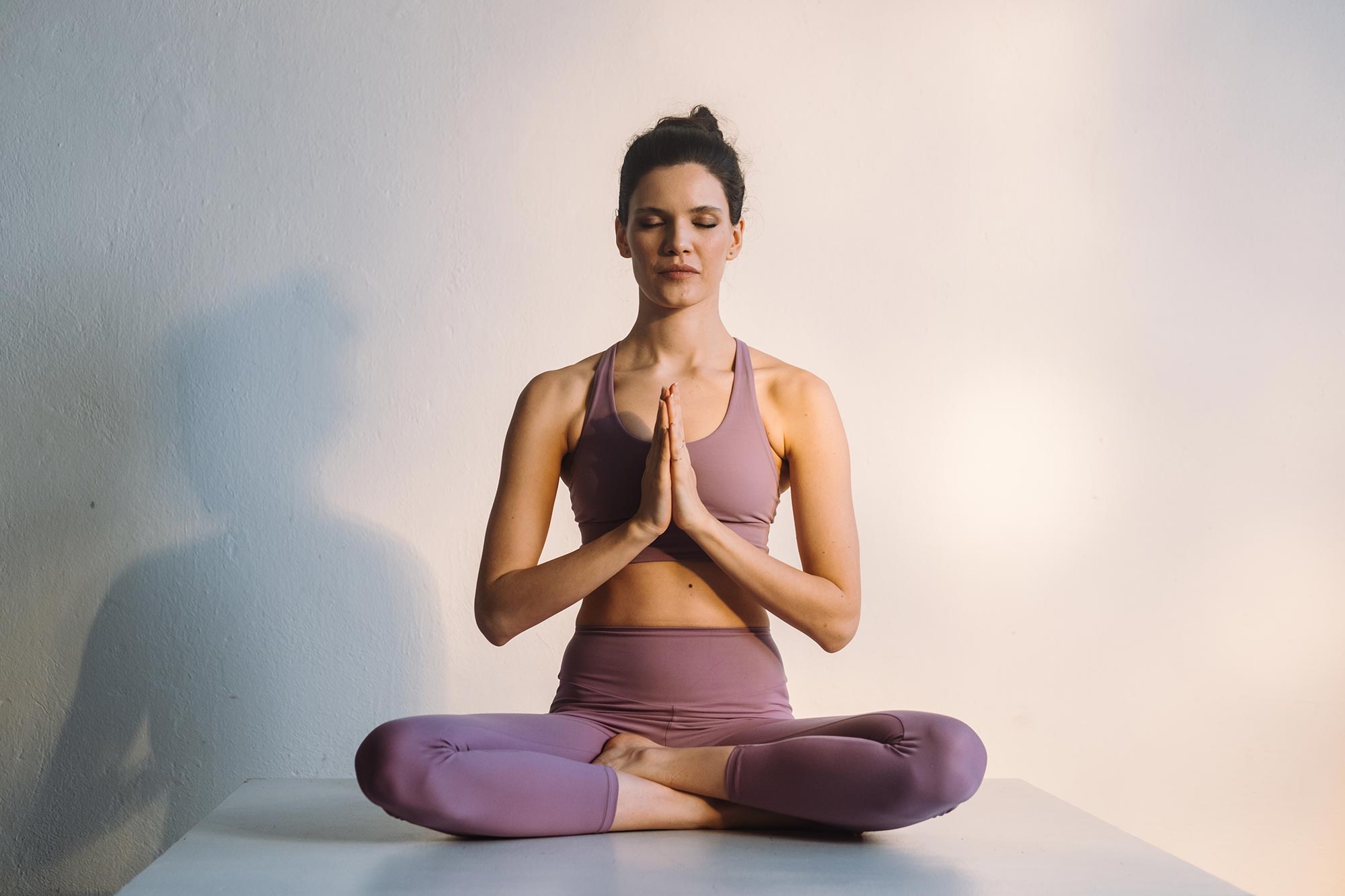Contrary to Popular Belief, Yoga Isn’t the Best for Your Arteries

Yoga helps, but structured exercise works better for vascular health. Consistency and exercise type are key factors.
Contrary to popular belief, yoga may not be as effective as traditional forms of exercise in improving vascular health, according to new research published in Advances in Integrative Medicine.
The study reviewed a wide range of existing evidence, including randomized controlled trials, crossover trials, and non-randomized studies, to compare the effects of yoga with other exercise routines in sedentary adults.
The researchers emphasized that their goal was to evaluate how these different activities influence vascular function, using ultrasound as the primary measurement tool.
Understanding vascular function
Vascular function describes how well blood vessels can deliver blood to tissues throughout the body. Their flexibility and ability to expand and contract are key indicators of cardiovascular health.
A sedentary lifestyle and long periods of sitting are known to impair vascular performance, raising the risk of hypertension, cholesterol accumulation, and blood clots.
Co-author Dr. Leena David, a specialist in medical diagnostic imaging and lecturer at the University of Sharjah, says, “Think of blood vessels like flexible garden hoses. If they stiffen, the risk of heart attacks and strokes increases. Our study shows that structured exercise keeps those hoses flexible, while yoga provides some benefits but not as reliably. Middle-aged and older adults often notice improvements from yoga, but younger adults might not.”
These results are especially significant for the roughly 300 million people worldwide who practice yoga and the more than 620 million living with cardiovascular disease as of 2023.
The researchers determined that conventional forms of exercise, including Tai Chi, Pilates, and high-intensity interval training, provide more consistent improvements in vascular function than yoga for sedentary individuals.
Movement as the antidote
Dr. David emphasizes that while movement is essential, the type, intensity, and consistency of physical activity are key determinants of vascular health.
“Even simple routines can make arteries more resilient. Blood vessels have a memory—and every workout helps them forget the damage of sitting all day,” she adds.
She also describes prolonged sitting as “the new smoking—silent, sneaky, and stealing years from your arteries,” adding that “movement is the perfect antidote.”
Cultural role of yoga
While yoga remains accessible and culturally significant, the study suggests that individuals seeking consistent cardiovascular benefits may need to supplement yoga with more vigorous forms of exercise.
The authors advocate for a nuanced approach to physical activity, especially in public health messaging.
“Yoga has deep cultural roots and shows promise as an inclusive, accessible health intervention,” Dr. David notes.
“At the same time, the fitness and digital health industries can leverage these insights to develop structured exercise programs and technology-driven solutions for sedentary populations.”
The researchers hope their findings will encourage healthcare providers to recommend exercise not only for weight management but also as a proven strategy for improving vascular health.
Although yoga may not consistently enhance vascular function, it remains a valuable option, particularly for older adults and those unable or unwilling to engage in high-intensity workouts.
“On a larger scale, public health campaigns could emphasize that movement is medicine,” Dr. David explains. “This may encourage a mix of exercise and yoga to make heart health more accessible and culturally appropriate.
Forget the fitness goals—this is about protecting your body’s internal GPS system that keeps you alive.”
Reference: “Comparing the effects of yoga and exercise on vascular function: A systematic review” by Poovitha Shruthi Paramashiva, Suresh Sukumar, Dilip Shettigar, Rajagopal Kadavigere, Abhimanyu Pradhan, Nitika C. Panakkal, Winniecia Dkhar, K. Vaishali, Baskaran Chandrasekaran, Hari Prakash Palaniswamy, Sneha Ravichandran, Sathya Sabina Muthu, Koustubh Kamath, Haris Jose Felix, Anam Shazli and Leena R. David, 15 July 2025, Advances in Integrative Medicine.
DOI: 10.1016/j.aimed.2025.100556
Never miss a breakthrough: Join the SciTechDaily newsletter.
Source link

